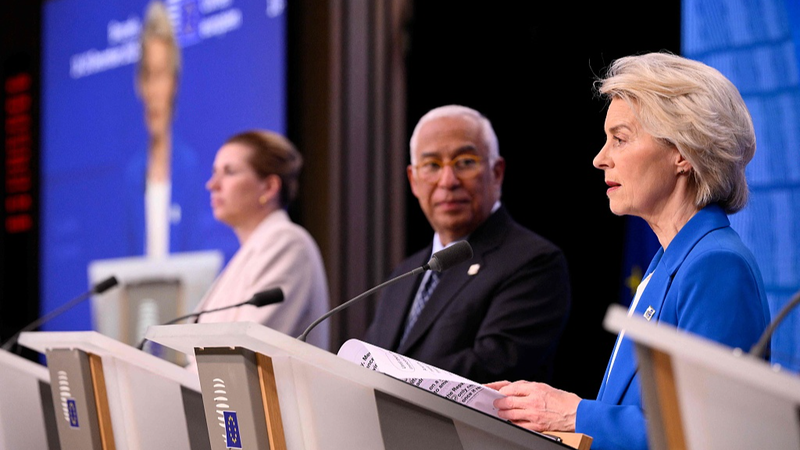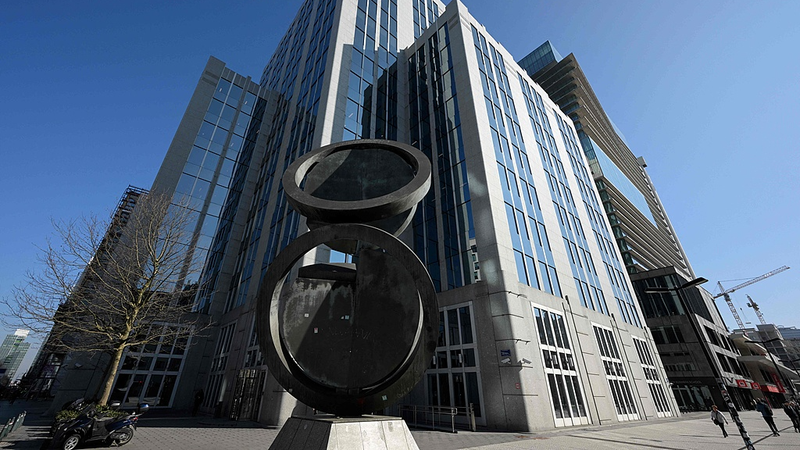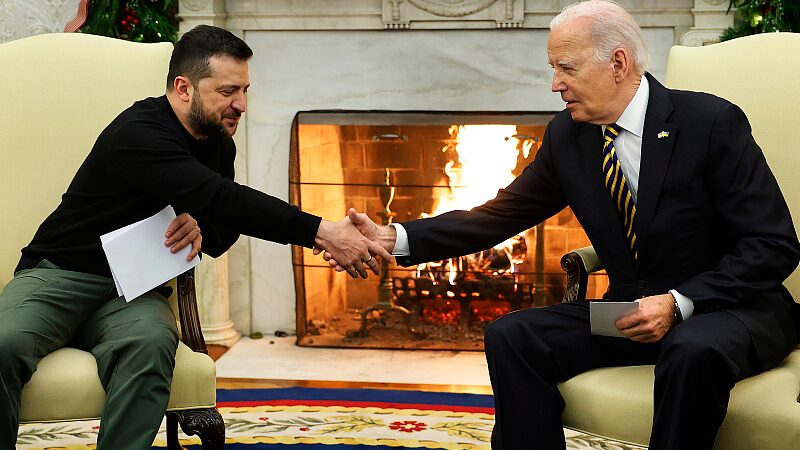The G7 Summit in Italy this week has ignited fresh debates about the bloc’s role in global politics, with critics calling it a geopolitical chessboard for U.S. interests. Once seen as a stabilizing force for the world economy, the group now faces accusations of prioritizing Washington’s strategic goals over pressing global challenges.
Key agenda items included using frozen Russian assets to fund a $50 billion loan for Ukraine—a move approved despite concerns about legal and economic ramifications. Meanwhile, the U.S. pushed allies to criticize China’s industrial capacity, resulting in 29 mentions of China in the final statement. Analysts warn this could heighten trade tensions and slow global economic recovery. 💼🌐
Critics argue the summit’s focus on countering China and Russia overshadowed urgent issues like climate change. While the G7 pledged action on green initiatives, new EU tariffs on Chinese electric vehicles—following similar U.S. measures—reveal a ‘green tech showdown’. 🌱⚡️
“The G7 has become an extension of U.S. election strategy,” said one expert, pointing to efforts to rally European support for Ukraine and curb China’s tech rise ahead of November’s U.S. polls. The bloc’s warning to Chinese banks over alleged sanctions evasion further highlights its alignment with Washington’s geopolitical playbook.
With global tensions rising, the summit’s outcomes raise questions: Can the G7 address real-world crises, or is it just a tool for power games? 🤔⚖️
Reference(s):
cgtn.com





